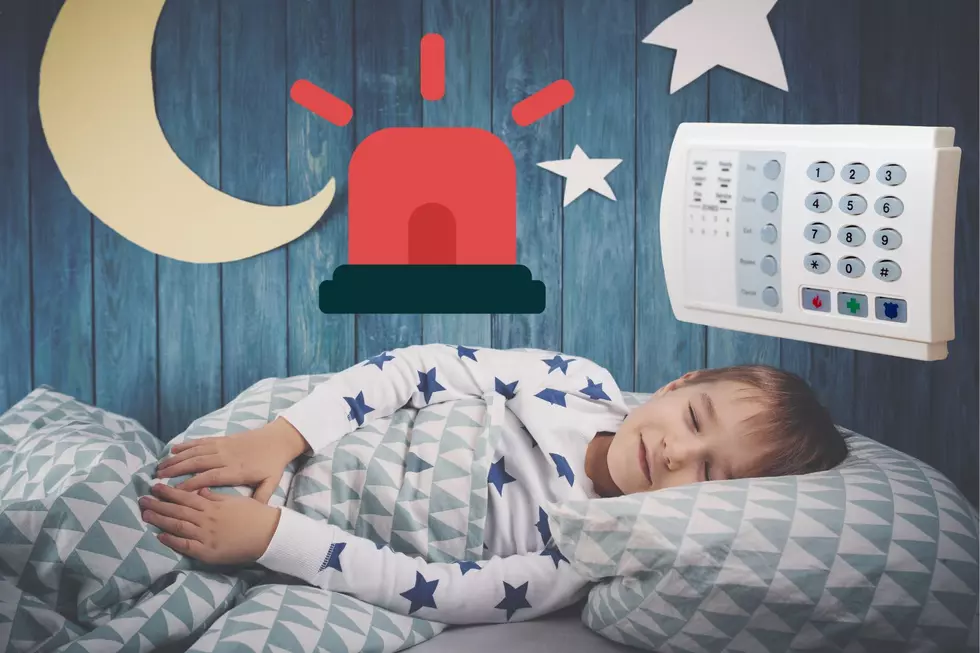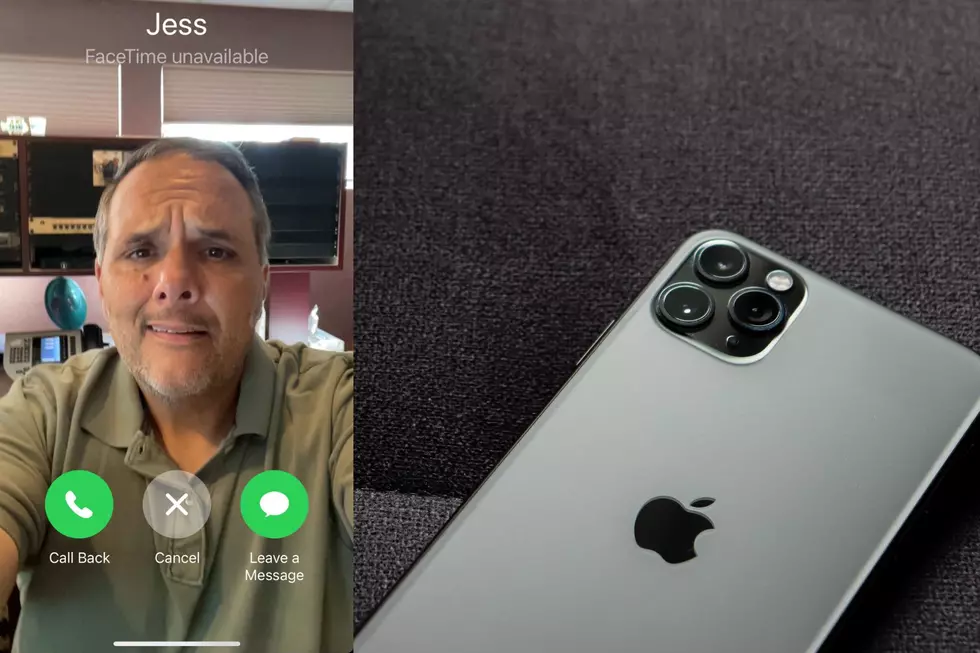
Hudson Valley Schools Ask Parents to Consent to Strip Searches
Hudson Valley parents may have consented to having their child strip-searched at school without realizing it.
Parents at several Hudson Valley schools are just finding out now that they have consented to have their child strip searched. The realization that several school districts in the Hudson Valley have obtained permission to conduct strip searches on their children is making them feel uneasy as the new school year is just about to begin.
After reading through lengthy code of conduct forms, some parents say they were shocked to discover that they are being asked to consent to allowing their children to be strip searched. We found the boilerplate language in several local school districts that leaves open the possibility for children to be strip-searched by school administrators who "feel that there is an emergency situation." The ambiguity of this wording has many parents feeling uneasy about signing the consent.

A quick search of several Hudson Valley school districts' handbooks found the same boilerplate language about strip searches in Code of Conduct documents. Strip searches are explicitly allowed under certain circumstances at the Poughkeepsie City School District, Monroe-Woodbury Central School District, Middletown Enlarged City School District, Hyde Park Central School District and Rhinebeck Central School District. It's unclear if other districts without online access to their handbooks also ask parents to sign off on this code of conduct.
All of the above schools include a section in their code of conduct with wording that's either identical or very similar to what is found in the Poughkeepsie City School District's handbook:
A strip search is a searchthat requires a student to remove any or all of his or her clothing, other than an outer coat or jacket. If an authorized school official believes there is reasonable individualized suspicion of items prohibited by the Code of Conduct it is necessary to conduct a strip search of a student, the school official may do so only if the search is authorized in advance by the superintendent in consultation with the school attorney. The only exception to this rule requiring advanced authorization is when the school official believes there is an emergency situation that could threaten the safety of the student or others. Strip searches may only be conducted by an authorized school official of the same gender as the student being searched and in the presence of another District professional employee who is also of the same gender as the student. School officials will attempt to notify the student's parent by telephone before conducting a strip search or in writing after the fact, if the parent could not be reached by telephone.
While the ability to conduct strip searches appears to be standard policy in most Hudson Valley schools, The New York State Department of Education Chancellor has said that “under no circumstances shall a strip-search of a student be conducted.” The New York City School District has also explicitly banned the practice.
It's unclear how long the strip search language has been included in local school districts' code of conduct, as most parents tend to blindly sign the long document each year without reading through it. The fact that the policy is at odds with the New York State Department of Education and most child psychologists has concerned many families.
Local parents have taken to social media to question the policy, wondering what situation could warrant a strip search by school officials that couldn't be taken care of by calling the police. It would seem that if a child is suspected of illegal or dangerous activity, they can be isolated from the rest of the students and held until police are called instead of being subjected to an emergency strip search by school officials.
We want to know what you think. Should schools reserve the right to strip-search their students? Or do you agree with the Department of Education that says the procedure should never be used in a school setting? You can share your thoughts through our mobile app or on our Facebook page.

9 Dutchess County School Districts Ranked Best to Worst
5 New York Schools Districts Ranked in Top 10 in America
More From WPDH-WPDA









